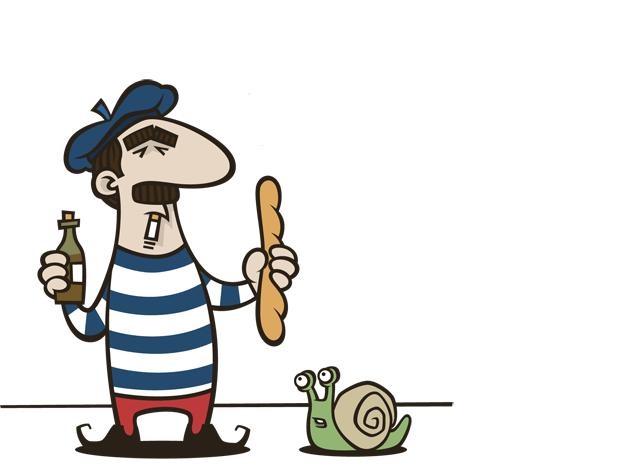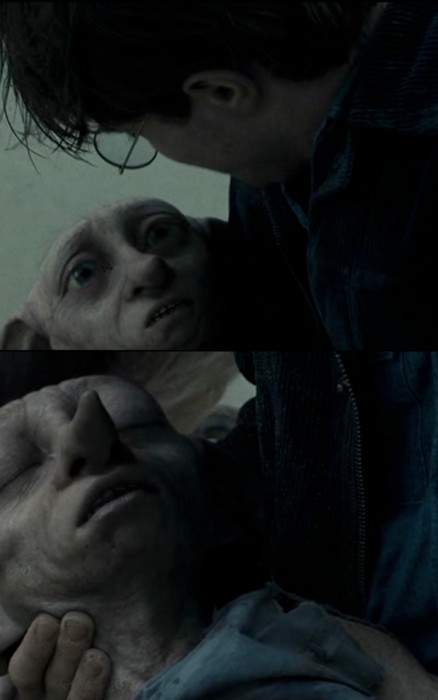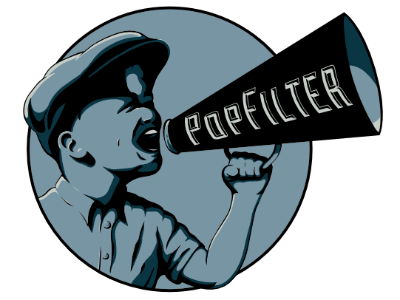Popfilter’s Foreign Flick of the Week
In which Stephanie Reviews a Film from Notmerica
France’s

The Past
My last review of a foreign film, and this article’s debut, was of Kung Fu Hustle. I picked that movie for this feature’s first ever because I felt that it flew in the face of the stereotypes so commonly associated with foreign movies (boring, overly artsy, etc.) This week, it seems only fitting that I review a movie that may be guilty of these stereotypes, but I think that is worth the watch none the less. The Past by Ashgar Farhadi is a perfect example and hails from a county that may be directly responsible for the existence of those stereotypes, Le France.

Every French stereotype, conveniently located in one photo.
This film tells the story of an Iranian man who returns to Paris to his French wife, Bérénice, and her two daughters when she asks him to come back to finalize the divorce. She plans on marrying Samir, who has his own baggage in the form of a son and a wife in a coma induced by an attempted suicide. (Side note: is polygamy legal in France? What’s the deal here? How can this dude get remarried if his first wife is still alive? Please leave a comment if you have any insights.) This should seem familiar to those of you who listen to our podcast, as the friends reviewed this movie a few weeks ago.

Our television, music, and movie “experts” with what appears to be a glass of radioactive sludge on the rocks.
Ryan Haley described this movie better than I could when he said that this film takes a while to “soap up.” That means that the film gets about a third of the way through before the audience can grasp at the processes that make this flick so poignant. But that doesn’t mean it’s slow paced, it just that the characters need time to arrive at what’s really going on. It starts off by showing how desperate every character in the film is for a new beginning, and the first third of the film sets its sights on showing the viewer the potential future they pine for so desperately. In one of the opening scenes, Bérénice picks up her soon to be ex husband from the airport. There is a casual, cool back and forth between the two, as if they have put the past behind them and are both ready to move on. But then the tone switches when Bérénice attempts to enlist Ahmad’s help in solving a problem she is having with her teenage daughter, Lucie, who is failing to jump on board with the new life her mother is carving out for herself.
After this first hint of their being an issue with someone from Ahmad’s past, there is an ever so slight shift, and the tension level gets ratcheted up a notch. The roots of all the potential conflicts lie in the past. And that’s kinda the point. The whole film revolves around the slow reveal that the past never stays in the past and is intricately connected to the present and the future; there is no such thing as a fresh start. The film painstakingly takes the time to create connections between the former and the present that it took me a few days to realize how good it was. The father in my past the movie becomes, the better I think it is. This movie is a simmerer. And yes, it is totally an artsy fartsy French film. But they way it treats drama–the way it doesn’t manipulate the audience into feeling something super specific by featuring a scene with a over wrought confession of love, the death of a much loved character, or an overly evil villian allows audiences to make up their own minds about how they feel about what is going on. That means when the viewer finds out that (SPOILER ALERT) the girl in who works for Samir played a part in his wife’s attempted suicide, she isn’t portrayed as some monster, just someone who made a very bad error in judgement for reasons the audience can see. Now, I’m all for well placed manipulative scenes in film:
Like this one from The Shawshank Redemption.

Or this one from Harry Potter and the Deathly Hallows.
…but this movie has a lot of respect for its audience, and doesn’t feel like it needs to tell them who to have empathy for or who to hate. Ultimately, I think that is how a movie comes to be defined as “artsy fartsy,” and it deals with the question, “how much does a film trust its audience?” Asgar Farhadi trusts you to have your own feelings when you watch his movie about how the past invariably interrupts present plans. It’s within you as the the audience member to live up to that trust.
Next week: Run Lola Run!
With Love,
Stephanie Rose
